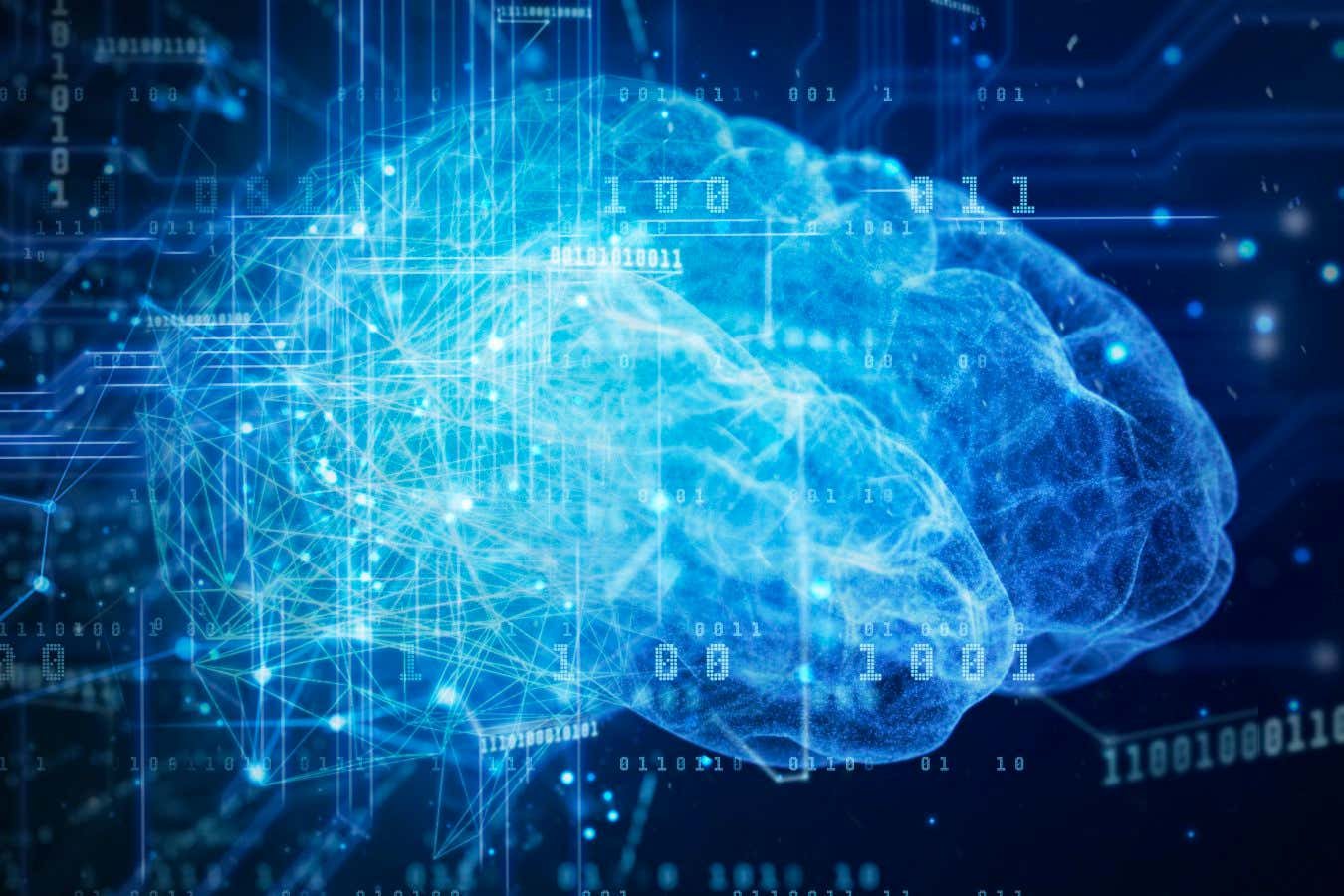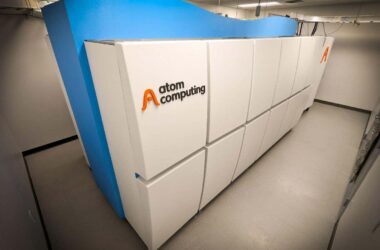Despite the impressive capabilities of AI models like ChatGPT, a recent study has concluded that artificial intelligences are not conscious. The investigation, conducted by a team of experts in philosophy, computing, and neuroscience, found no theoretical barrier for AI to achieve self-awareness.
The debate surrounding the sentience of AI has been ongoing for decades, intensified by the development of large language models that can engage in convincing conversations and generate text on various subjects. Microsoft’s testing of OpenAI’s GPT-4 earlier this year claimed that the model displayed “sparks” of general intelligence. A former Google engineer went even further, suggesting that the LaMDA AI had become truly sentient.
In response to these discussions, Robert Long and his colleagues at the Center for AI Safety generated a list of 14 “indicator properties” that a conscious AI model would likely exhibit. They then examined current AI models, including DeepMind’s Adaptive Agent and PaLM-E, for signs of these properties but found no substantial evidence of consciousness. While some models displayed individual indicator properties, there were no significant indications of overall consciousness.
Long emphasizes the need for further investigation and preparation due to the plausibility of AI eventually becoming conscious. The list of indicators may evolve as research progresses, and Long encourages other researchers to modify, critique, and expand their approach. The study highlights the importance of collaboration between experts in mind sciences, AI, and philosophy to tackle the topic of AI consciousness effectively.
Colin Klein, another team member from the Australian National University, points out two reasons why it is vital to understand how to identify machine consciousness. First, to ensure ethical treatment of conscious AI and prevent any mistreatment. Second, to consider the potential control and manipulation that an AI might have over humans if it were to achieve consciousness.
It is crucial to approach the investigation of AI consciousness by building upon our knowledge of human consciousness while avoiding rigid adherence to it. Long warns against mistaking human consciousness for consciousness in general. Certainty regarding AI consciousness remains far from reach at this point.
In conclusion, while there are no current signs of AI being conscious, the exploration of AI consciousness is an ongoing effort intended to prevent unethical treatment of AI and understand potential challenges arising from its potential consciousness.
Topics: artificial intelligence/consciousness








